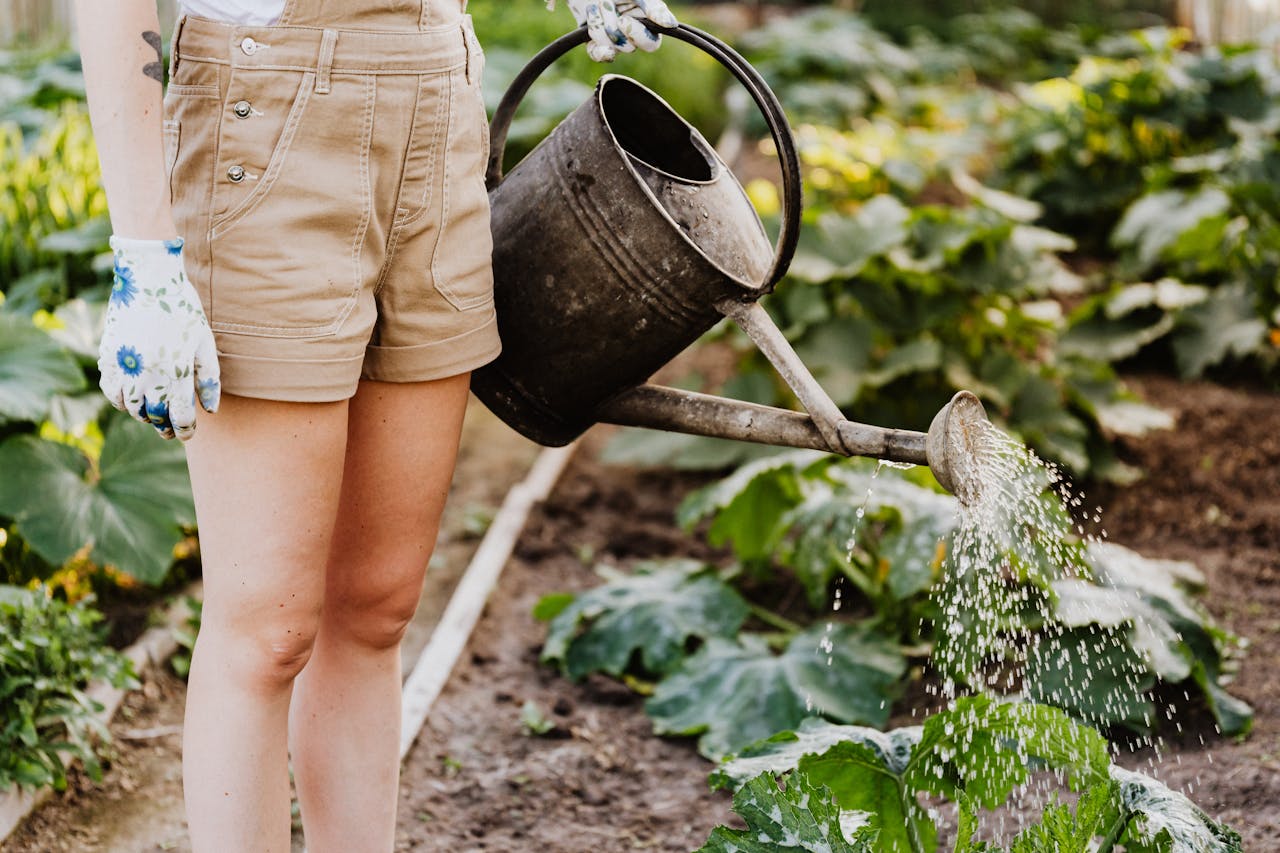Top 10 Gardening Tips for Newbies
Gardening for the first time and looking for guidance? Whether you want to turn your new lawn into a neat-looking herb garden or are thinking about turning your flat rooftop into a green haven, here are ten tips you can follow as a beginner to turn your self-gardening dream into reality.

Gardening Tips for First-Timers
1. Placing It Right
When starting your garden, you need to consider the location. Your garden should be in your yard where you can see it frequently. This way, you are more likely to spend more time and care for it.
2. Staying Close to Water
It is critical to keep your garden close to a water source. You should be able to run the hose conveniently throughout your garden so you don't need to lug water to your plants when they need it. The best way of knowing when to water your plants is to push your fingers at least an inch down the soil. If you find it dry, you need to water.
3. Following the Sun
A common pitfall when gardening for the first time is misjudging the sunlight. Before you pick a spot for your new garden, focus on how the sunlight passes through your yard. Most plants, such as fruits, herbs, and vegetables, require at least six hours of daylight to grow and thrive.
4. Starting with Quality Soil
When you start your garden, invest in quality soil. Go for soil rich in nutrients and adequately drained. If you plan to plant directly in the ground, you can mix a blend of 3 inches of garden soil and around 7 inches of existing soil. To grow in a raised bed, you can use raised bed soil.
5. Using Containers
If you don't have much space, you can go for containers. It will enable you to grow your plants in pots, and you can do that with your fruits, vegetables, herbs, flowers, shrubs and berries. For this, you can use a potting mix, and the pot should be large enough for the plant it will have.
6. Go for the Appropriate Plants
Selecting the right plants is essential based on your growing conditions. Therefore, you must put your sun-loving or outdoor plants into sunny spots, while heat-tolerant plants are best for warm conditions. Ground Gambling plants, including melons and pumpkins, require more room, or you can use a trellis for them. Go for the plant varieties that grow well in the area you live in, according to the space you have.
7. Discovering Your Hardiness Zone
Know your hardiness zone to choose the right plants and get the best results. The hardiness zone is the coldest place; a plant can quickly grow. With a higher hardiness number, the climate will be warmer. For example, the plant will survive if a plant is a "Zone 4 Hardy" and your garden is in Zone 5. However, a Zone 3 Hardy garden will be too cold to grow for that plant. So it's best to find your hardiness zone.
8. Learning About Your Frost Dates
Planting too late or too early in the season can be a disaster for the entire garden. You must know the last average spring frost date in the area so you don't kill your plants by planting them prematurely. Also, know the first average frost date to harvest your plants and move them indoors before any cold damages them in the last season.
9. Adding Some Mulch
Apply a quality mulch layer a couple of inches deep around your plants. It will help reduce weeds and block out the sun, and you can use it to landscape your new garden. It can also help reduce moisture loss due to evaporation, so you won't have to water much.
Be sure to use quality mulch, and you can do that by quickly searching "mulch sales near me" online. You can also put down some shredded leaves, straw, pine straw, or other locally available materials.
10. Feeding Your Plants Regularly
Nutrient-rich soil has a significant role to play here. But you can add more nutrients for your plants to boost their growth. Therefore, you need to pair some quality plant food with rich soil for your garden's success. It's best to use all-purpose plant food and follow the instructions on the label.
Conclusion
These are some great tips to get you started with your new garden. You also need to get your hands on some essential gardening tools to help you grow your plants more conveniently. Remember, timing is everything, and you need to keep a regular check on your garden. Out of sight, out of mind genuinely applies to gardening, so be careful with your new babies.